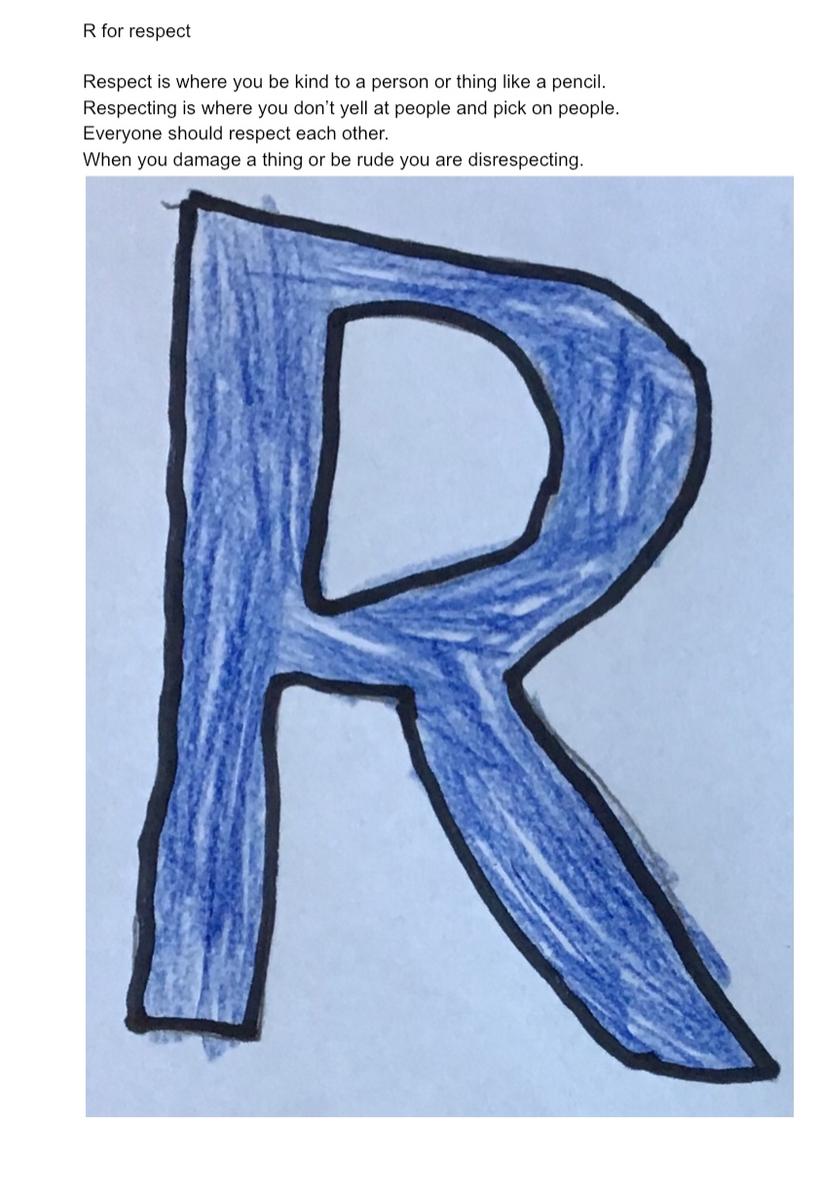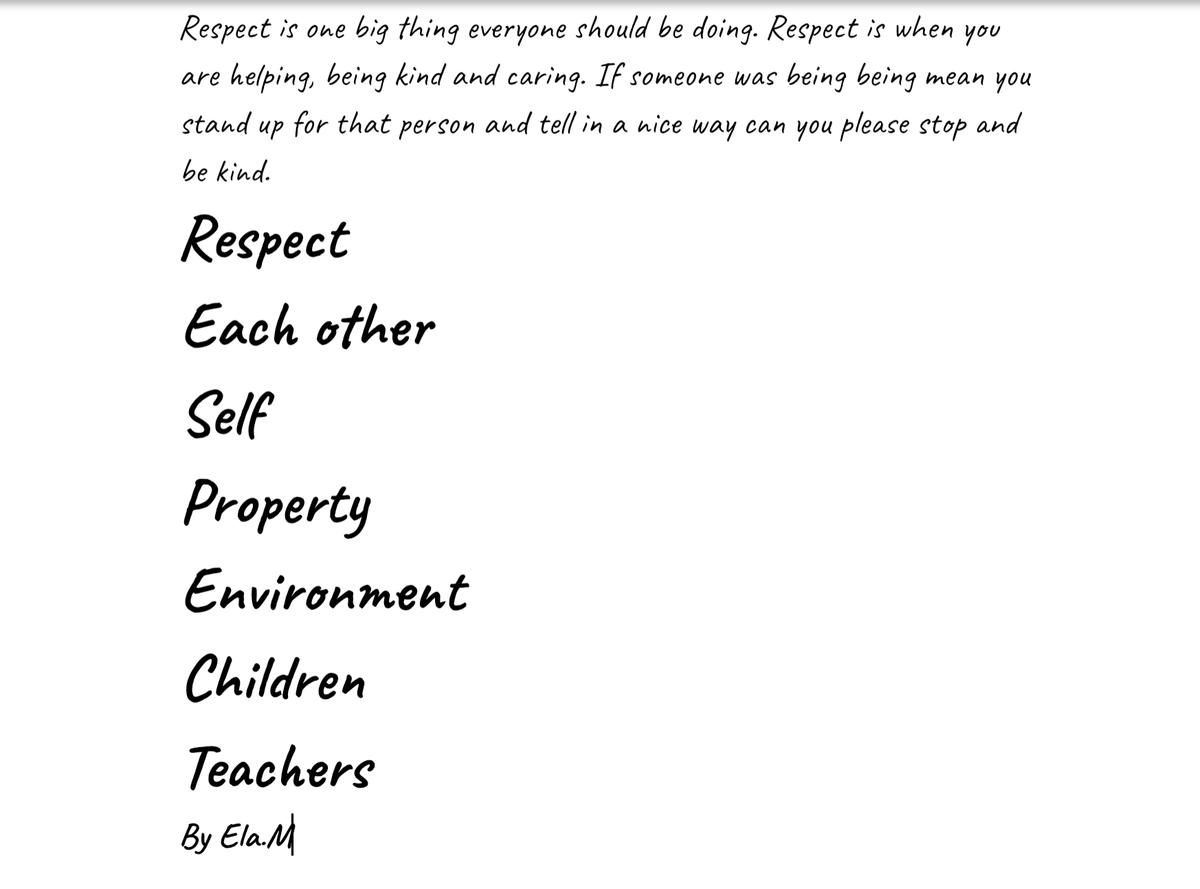Learning At Home

English
TIPS FOR READING AT HOME
Developing reading comprehension skills is important for absorbing story books as a young child. As children get older, this skill will help them understand textbooks, newspapers, and other more complex texts. Here are some at home tips to help your child:
1. Have your child read aloud. This forces him to go slower, which gives him more time to process what he reads and in turn improves reading comprehension. Plus, your child is not only seeing the words — they are hearing them, too! As a change-up, you can also take turns reading aloud.
2. Read books at the right level. Make sure your child gets lots of practice reading books that aren't too hard. They should recognize at least 90 percent of the words without any help. Stopping any more often than that to figure out a word makes it tough for your child to focus on the overall meaning of the story. Transitioning from take-home readers to chapter books can be difficult because there are limited pictures to assist.
3. Reread to build fluency. To gain meaning from text and encourage reading comprehension, your child needs to read quickly and smoothly — a skill known as fluency. Rereading familiar, simple books gives your child practice at decoding words quickly, so they'll become more fluent in their reading comprehension. Easier books also can help build confidence.
4. Talk to the teacher. If your child is struggling with reading comprehension, get in contact with the classroom teacher for more strategies to assist.
5. Supplement her class reading. If your child's class is studying a particular theme, look for easy-to-read books or magazines on the topic. Some prior knowledge will help her make her way through tougher classroom texts and promote reading comprehension.
6. Talk about what your child is reading. This "verbal processing" helps them remember and think through the themes of the book. Ask questions before, during, and after a session to encourage reading comprehension. For example:
- Before: "What are you interested in about this book? What doesn't interest you? Make a prediction: What do you think will happen in this book?"
- During: "What's going on in the book? Is it turning out the way you thought it would? What do you think will happen next?"
- After: "Can you summarise the important parts of the book? What did you like about it? What other books does it remind you of?"
Maths
CARD GAMES FOR THE WHOLE FAMILY TO PLAY
Looking for a way to help your children take turns, follow rules, learn math and memory skills and face competition in a healthy way? How about a game of Crazy Eights?
Card games can teach math and memory skills, as well as strategic thinking, psychologist and sociologists say. Also, the conversation and friendly rivalry that comes with sitting down to play cards can strengthen family ties. Family games also can build children’s confidence: The rules are the same for everyone, and it is fun to play a game in which anyone can win.
For a whole range of card games for all ages, please visit the following website:
16 Card Games That Will Turn Your Students Into Math Aces:
https://www.weareteachers.com/math-card-games/
STEAM(Science, Technology, Engineering, Art, Maths)
STEM CHALLENGES FOR FAMILY GAME NIGHT
Put a new twist on family game night by hosting a STEM Challenges on family game night.
Follow this link to find out more: https://playtivities.com/stem-challenges-family/
R.E.A.C.H. (Respect, Encouragement, Ambition, Consideration and Honesty)
The school motto “REACH” demonstrates the values that form the basis of our actions throughout our entire community.
This edition of our newsletter is focusing on Respect. The images below remind us of what respect is and what it may look like.






